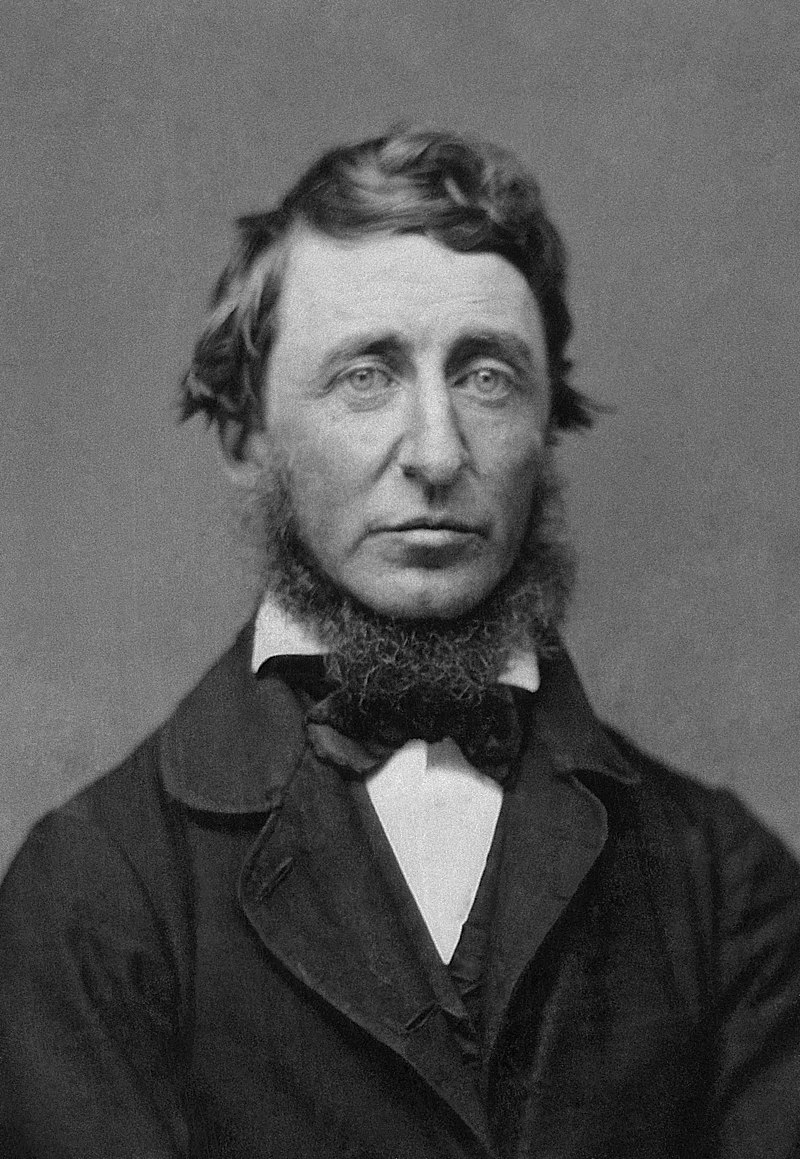Henry David Thoreau, an American philosopher, essayist, poet, and naturalist, is best known for his transcendentalist works, particularly his book “Walden” and his essay “Civil Disobedience.” Thoreau’s philosophy is deeply rooted in individualism, self-reliance, simplicity, and a deep connection with nature. His ideas have resonated with generations of readers, inspiring them to seek a more deliberate and meaningful existence. While Thoreau himself may not have been directly involved in the world of BMX, his philosophy can be applied to various aspects of life, including the BMX culture and community.
To understand how Thoreau’s philosophy applies to BMX, let’s delve deeper into some key aspects of his thinking and explore their relevance:
Simplicity and Minimalism
Thoreau advocated for a simple lifestyle, free from unnecessary material possessions and distractions. In “Walden,” he famously lived in a small cabin near Walden Pond, where he sought to simplify his life and strip away the non-essential to focus on what truly mattered. Similarly, in BMX culture, there is a strong emphasis on simplicity and minimalism. BMX riders often prefer stripped-down bikes with only essential components, prioritising functionality and performance over flashy aesthetics. The minimalist approach in both Thoreau’s philosophy and BMX reflects a desire to remove distractions and focus on the pure essence of the activity.
Self-Reliance and Individualism
Thoreau celebrated self-reliance and individualism, encouraging people to trust their own instincts and forge their own paths in life. He believed in the importance of personal autonomy and resisting conformity to societal norms. In the world of BMX, individualism is also highly valued. BMX riders often express themselves through their riding style, pushing the boundaries of creativity and innovation. Each rider brings their unique personality and approach to the sport, contributing to the diverse tapestry of BMX culture. Like Thoreau, BMX riders embrace the freedom to chart their own course and pursue their passions on their own terms.
Connection with Nature
Thoreau had a profound reverence for nature, viewing it as a source of inspiration, solace, and spiritual renewal. He spent much of his time exploring the woods, fields, and waters surrounding Walden Pond, immersing himself in the beauty and tranquillity of the natural world. Similarly, BMX often takes place in outdoor environments, where riders engage with the landscape in dynamic and exhilarating ways. Whether riding in urban skateparks, dirt trails, or street spots, BMX riders develop a deep connection with their surroundings, finding joy and fulfilment in the raw and unfiltered experience of nature.
Civil Disobedience and Nonconformity
Thoreau’s essay “Civil Disobedience” is a powerful defence of individual conscience and moral autonomy in the face of unjust laws and government oppression. He famously refused to pay taxes in protest against slavery and the Mexican-American War, advocating for nonviolent resistance as a means of effecting social change. While BMX may seem far removed from the realm of politics, there is a spirit of rebellion and nonconformity that permeates the culture. BMX riders often push back against authority and societal expectations, carving out their own spaces and subverting traditional norms. Whether it’s reclaiming abandoned urban spaces for riding or challenging stereotypes about what constitutes a legitimate sport, BMX embodies the ethos of defiance and self-determination championed by Thoreau.
Mindfulness and Contemplation
Thoreau believed in the importance of introspection and mindful observation, urging people to slow down and appreciate the richness of everyday life. In “Walden,” he engaged in solitary walks and contemplative reflection, seeking to deepen his understanding of himself and the world around him. Similarly, BMX can be a meditative practice, requiring focus, concentration, and a keen awareness of one’s surroundings. Whether executing complex tricks or navigating challenging terrain, BMX riders must remain present in the moment, attuned to the subtle nuances of their environment. Through the act of riding, they cultivate a sense of mindfulness and immersion in the present, echoing Thoreau’s call to live deliberately and consciously.
In conclusion, while Henry David Thoreau may not have had direct involvement in BMX, his philosophy of simplicity, self-reliance, connection with nature, nonconformity, and mindfulness resonates deeply with the ethos of BMX culture. By embracing these principles, BMX riders embody the spirit of individualism, creativity, and defiance that Thoreau espoused, forging their own paths and finding meaning and fulfilment in the pursuit of their passion. Just as Thoreau sought to live deliberately and authentically in the woods of Walden Pond, so too do BMX riders carve out their own spaces of freedom and expression in the urban landscapes where they ride. In this sense, Thoreau’s philosophy provides a timeless framework for understanding and appreciating the profound significance of BMX as not just a sport but a way of life.

Leave a Reply